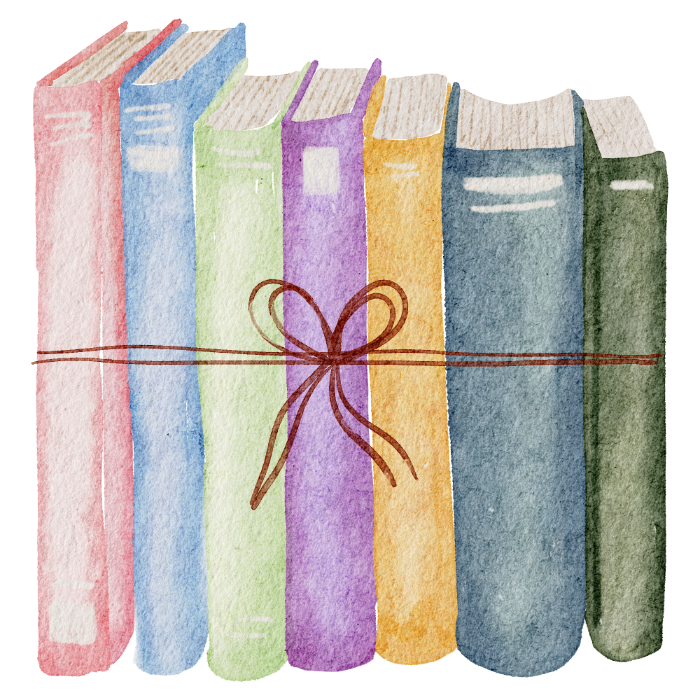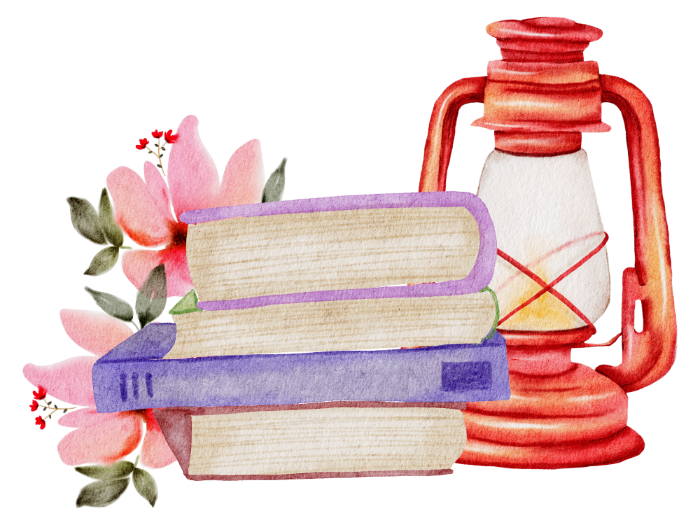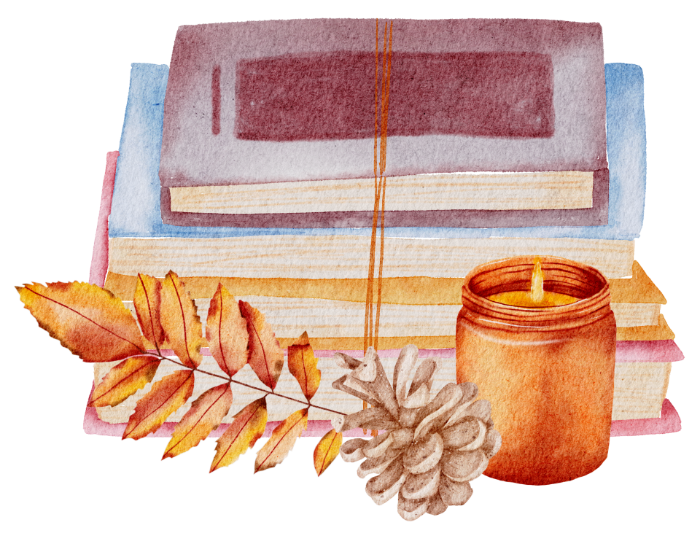Em busca da próxima Leitura
Textos, livros, ensaios e surtos literários, escritos à base de guaraná natural e uma confiança inabalável na minha habilidade de te convencer a ler certos livros.





Sobre mim
Sou uma leitora inveterada, interessada em diferentes gêneros, que vão do romance à ficção científica (mas evitando um pouco o terror, confesso). Me apaixono facilmente por personagens e sacrifico horas de sono para ler só mais um capítulo.
Em suma, sofro horrores com personagens fictícias.
